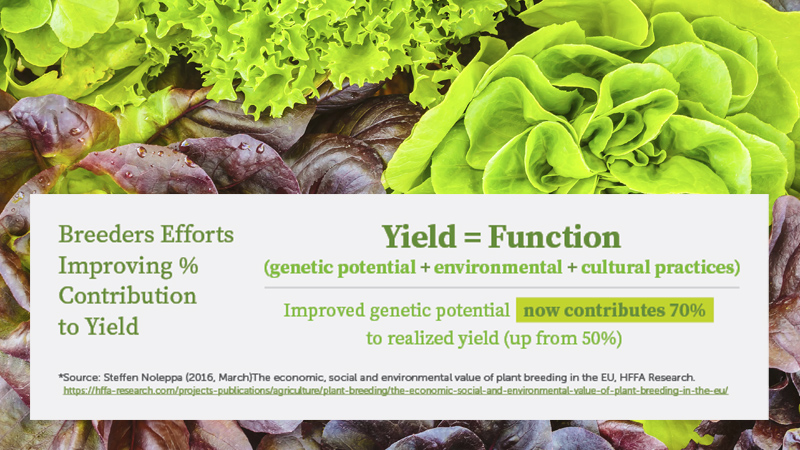Almond and Wine Grape Growers Catch Break on Food Safety
The FDA has issued final guidance stating the agency’s intent to exercise enforcement discretion for the requirements of the Produce Safety Rule, part of the Food Safety Modernization Act (FSMA), as they apply to entities growing, harvesting, packing, and holding wine grapes, hops, pulses, and almonds. This means the agency does not intend to enforce requirements of the rule for farmers and producers of these commodities.
The final guidance, Produce Safety Rule: Enforcement Policy for Entities Growing, Harvesting, Packing, or Holding Hops, Wine Grapes, Pulse Crops, and Almonds, explains that after reviewing data presented, the FDA recognized that these commodities have unique production circumstances and intended uses that reduce the presence of foodborne pathogens and may qualify them for an exemption. That’s why the guidance issued Wednesday explains the FDA does not expect entities growing, harvesting, packing, or holding these commodities to meet any of the rule’s requirements while the agency considers pursuing rulemaking to address the unique circumstances of these commodities.
It’s important to note this guidance does not exempt producers from ensuring the safety of their commodities.
“The Food Safety Modernization Act empowered the FDA to enact a more modern, preventive, and risk-based approach to food safety with a focus on setting common-sense safety standards for food producers to protect public health. We’ve worked closely with food producers to implement FSMA’s Produce Safety Rule, which for the first time, establishes science-based minimum standards for the safe growing, harvesting, packing, and holding of fruits and vegetables grown for human consumption. As part of this collaborative process, we’ve received important feedback on the application of this rule from stakeholders of certain commodities, including hops, wine grapes, pulse crops, and almonds,” said FDA Commissioner Scott Gottlieb. “In taking this step, we’ve considered the use of unique production processes that reduce the presence of foodborne pathogens. We’re announcing today that we’re not expecting hops, wine grapes, pulse crops, and almonds producers to meet the requirements of the rule currently. Given the nature of these specific commodities, and the low risk that these products pose because of the way that they’re processed and consumed, we do not expect producers of these commodities to comply with the Produce Safety Rule. It is always our goal to be as transparent as possible when communicating our expectations to our stakeholders and by working closely with food producers as we continue to implement FSMA, we can help ensure that the U.S. continues to have one of the safest food supplies in the world.”
The agency’s announcement follows continued efforts by the California Association of Winegrape Growers (CAWG) to exempt wine grapes from the Produce Safety Rule. CAWG worked with the Oregon Winegrowers Association and Washington Winegrowers Association to obtain the exemption.
“This is great news for winegrape growers,” CAWG President John Aguirre said. “FDA recognizes the fact that wine grapes are not consumed raw and wine grape growers should be exempted from the Produce Safety Rule. CAWG will continue to work with Congress and FDA to make sure this exemption remains intact.”
The Almond Board of California issued the following statement: “In simple terms, almond growers and huller/shellers are no longer subject to Produce Safety Requirements, and do not have to make any disclosures as long as the Enforcement Guidance remains in effect.
“The almond industry has taken a proactive role in food safety since 2001, culminating in the mandatory program for Salmonella reduction in almonds – effective September 2007. Since that time, the Almond Board of California, the Almond Alliance of California and other industry organizations/companies have hosted numerous FDA meetings and tours to share the almond industry’s commitment to food safety.”









